As with the forest kingdoms of Borneo and the Amazon rainforest, the Indian forest kingdom of the Golden Langurs and Pygmy Hogs is under siege by palm oil in the north east of India. The region is home to some of the most endangered wildlife in the world. Situated in the foothills of the Himalayas, the whole area is one of the most fertile and diverse places on the planet. This region is earmarked for destruction for palm oil. Renowned British wildlife photographer Craig Jones went there to photograph pygmy hogs and report on their dwindling home.
The Eastern Himalayas harbours an amazing diversity of life. There are 163 globally threatened species found in the Himalayas, including Asia’s three largest herbivores – Asian elephant, greater one-horned rhinoceros, and wild water buffalo – and its largest carnivore, the tiger. The region is home to:
• 10,000 types of plants
• 300 mammals
• 977 birds
• 176 reptiles
• 105 amphibians
• 269 freshwater fish
Indian documentary about the dangers of palm oil
Attn Indian #nature and #wildlife lovers – #palmoil #deforestation is a threat to rare and beautiful animals in NE #India. Help them in the supermarket each time you shop – #Boycottpalmoil #Boycott4Wildlife
Tweet
#Wildlife photographer @craigjones17 captures the beauty of animals in NE #India and #Assam – animals are under threat from #palmoil #deforestation. Learn how to help them and #Boycottpalmoil #Boycott4Wildlife
Tweet
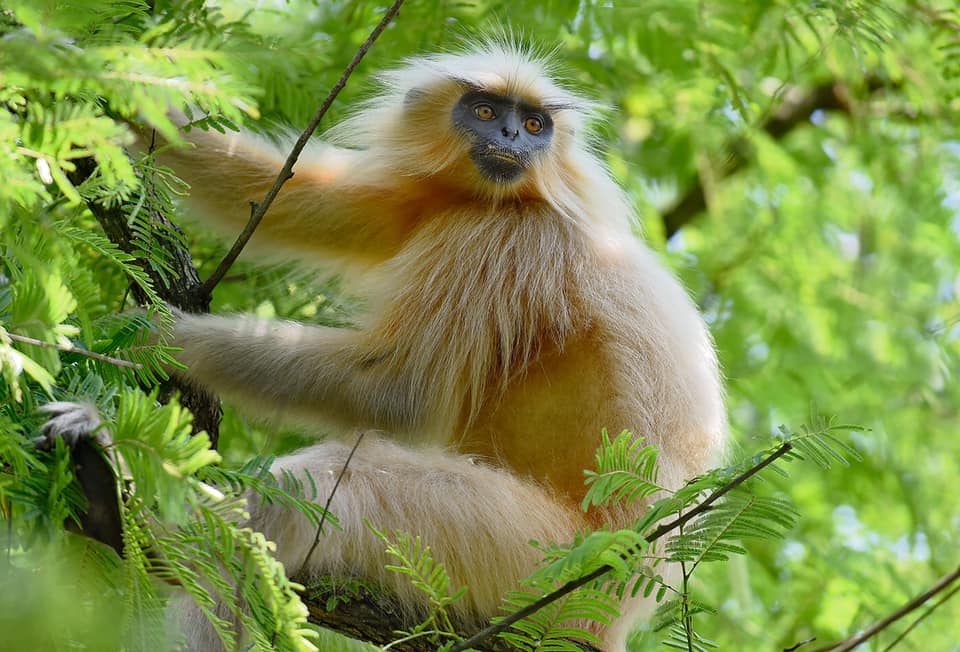
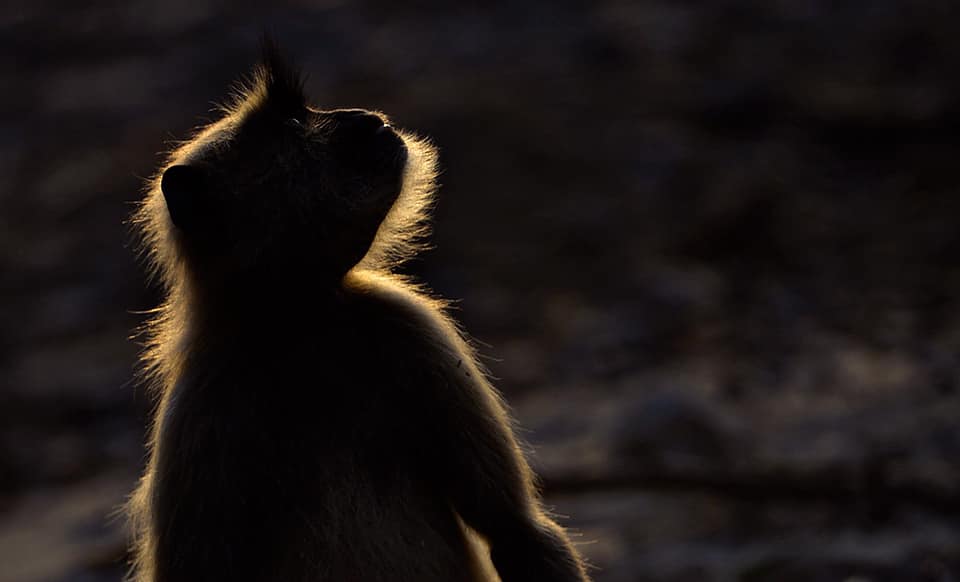
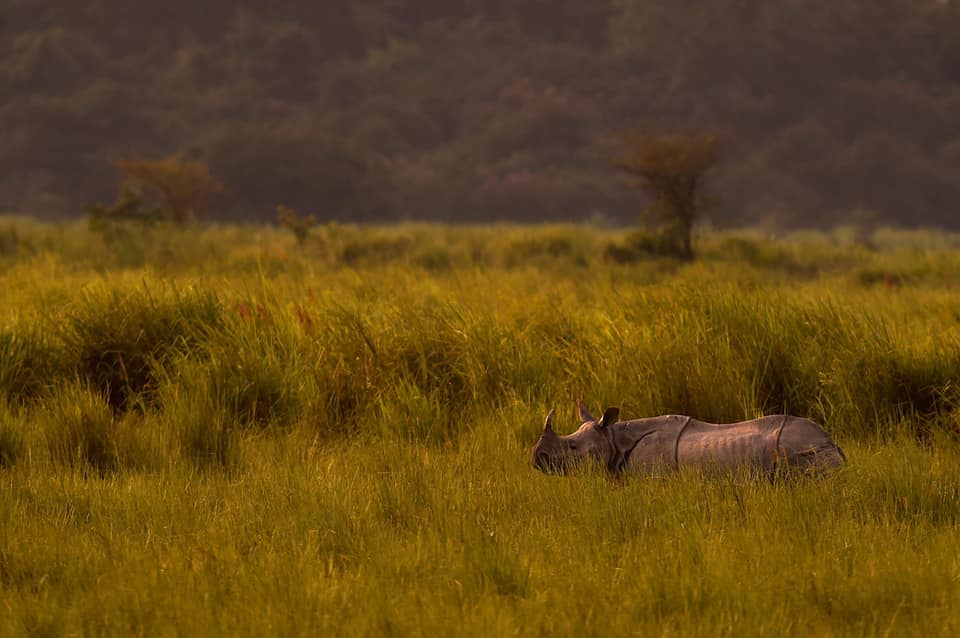
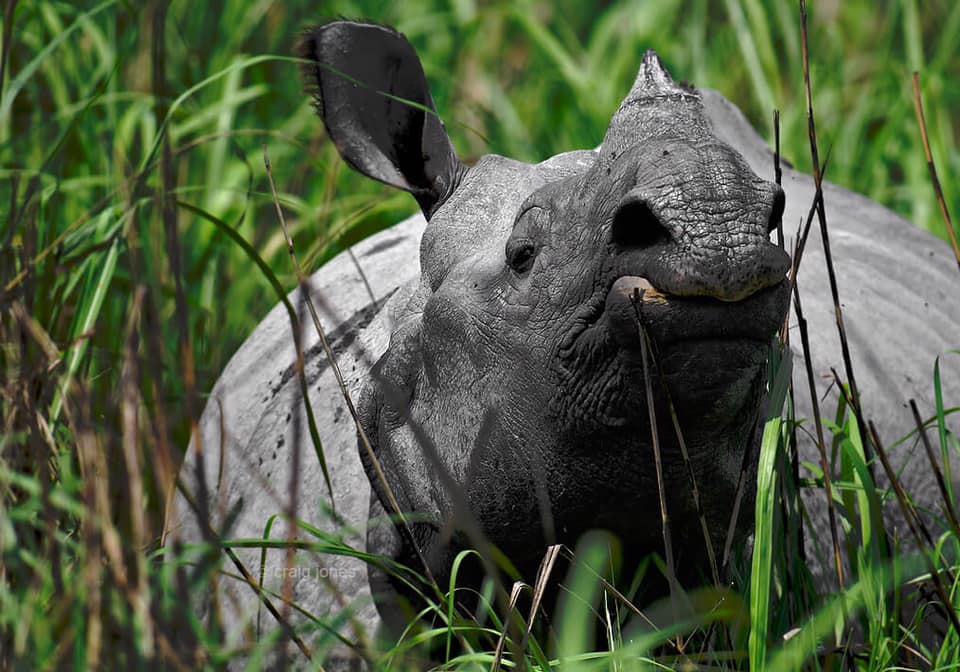
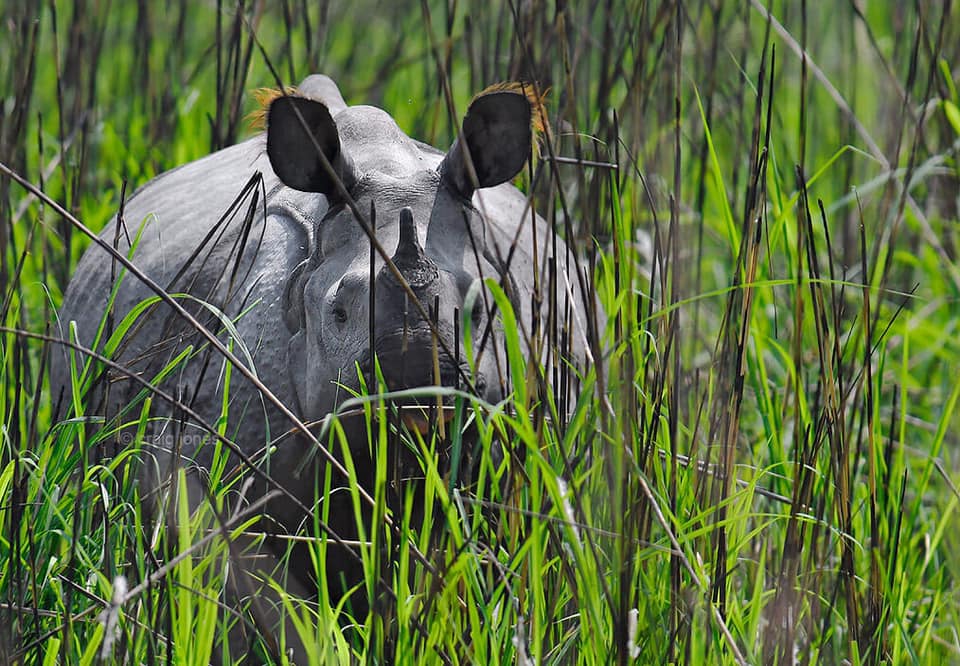
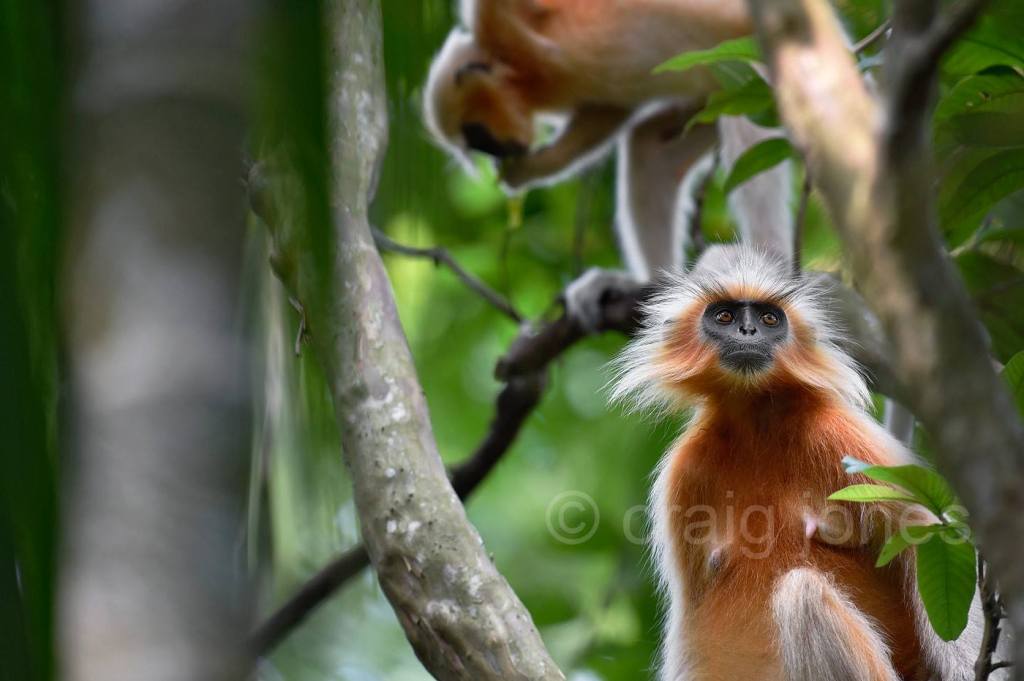
The Himalayan grasslands have the densest population of Bengal tigers, which live alongside Asian elephants and one-horned rhinos. The mountains offer refuge for red pandas, golden langurs, takins and pygmy hogs. This is the only known location in the world where Bengal tigers and snow leopards share habitat.
Shy, critically endangered Pygmy Hogs in Assam
Pygmy Hogs make small nests in the ground by digging a small trench and lining it with vegetation. They use leaves and other soft materials to then make it really cosy inside. During the heat of the day, they stay within these nests. They also use them to hide away their young from predators and other dangers.
Craig Jones
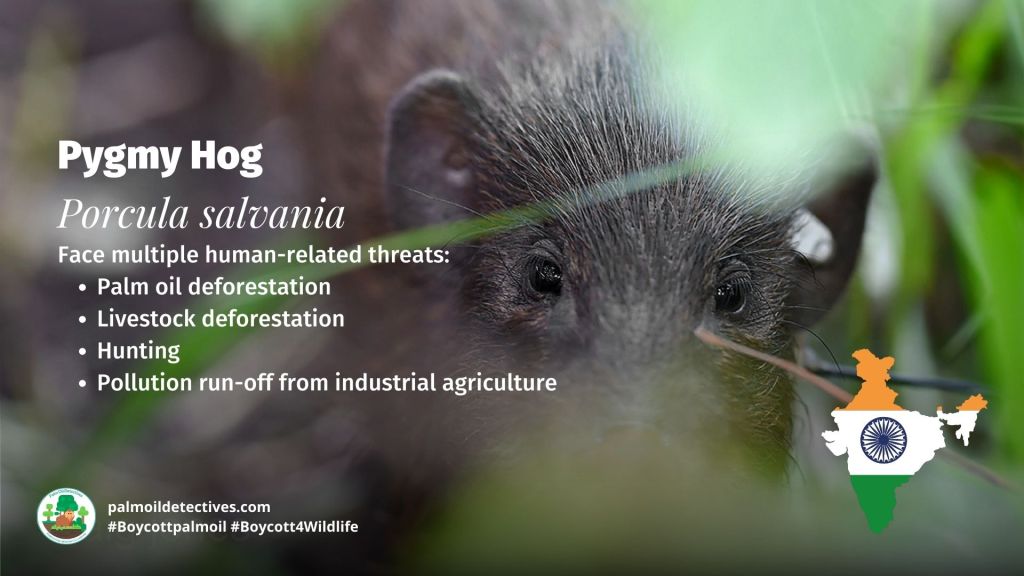

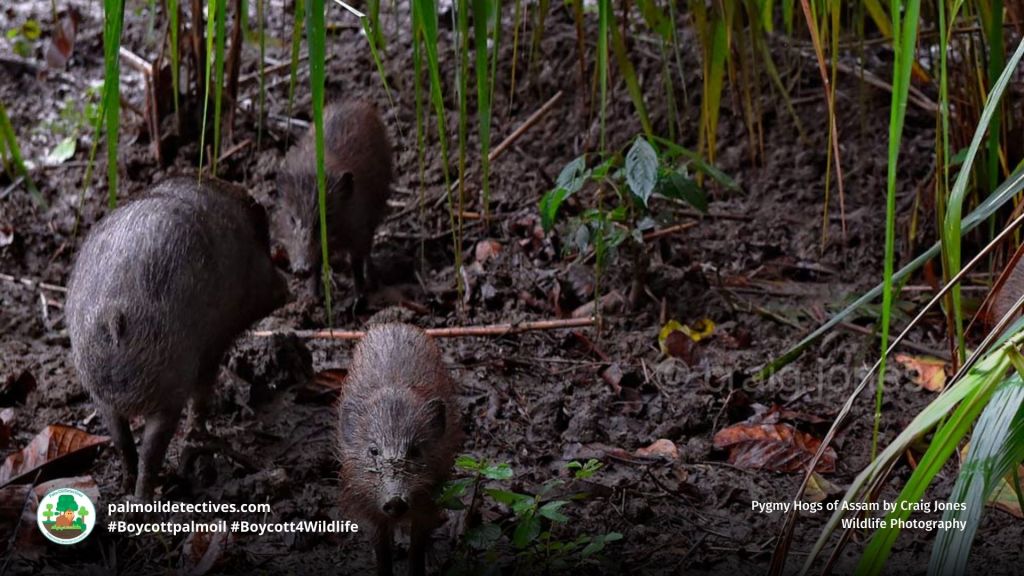
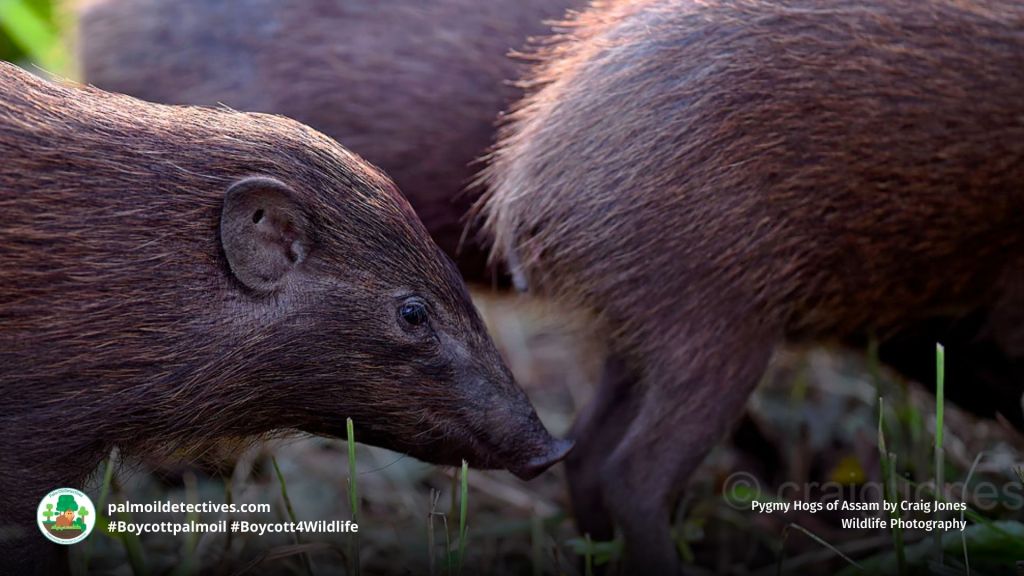
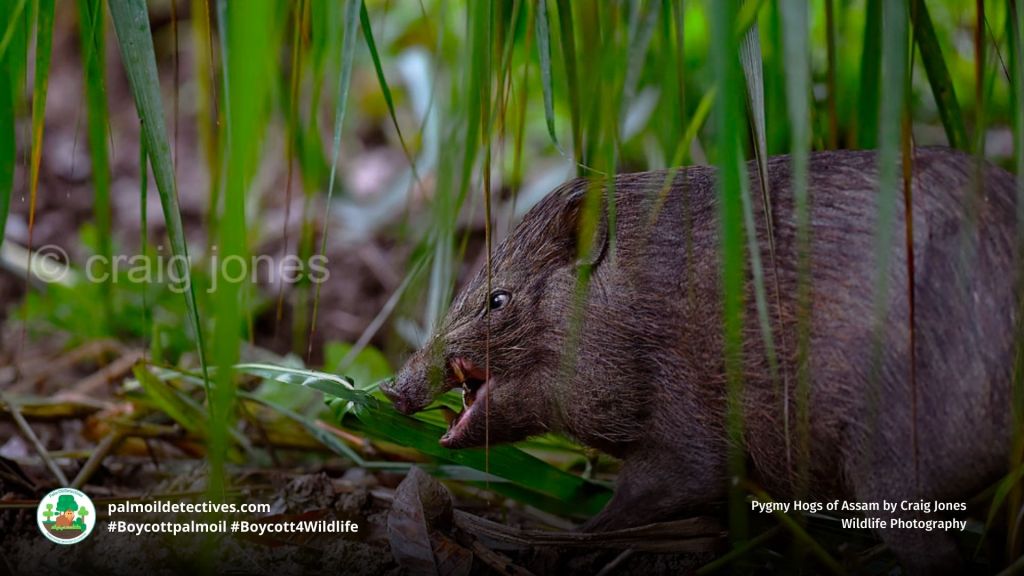



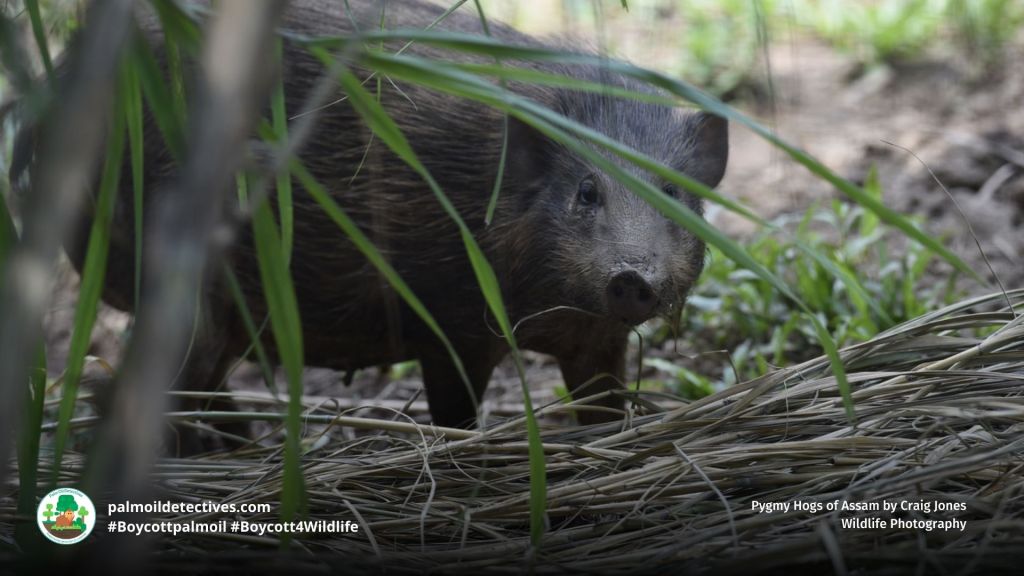
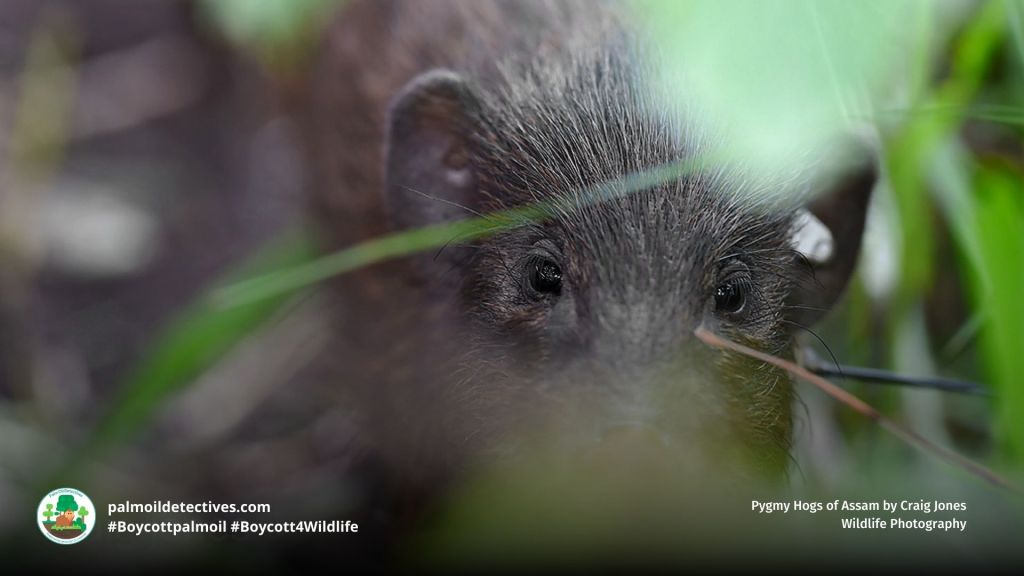
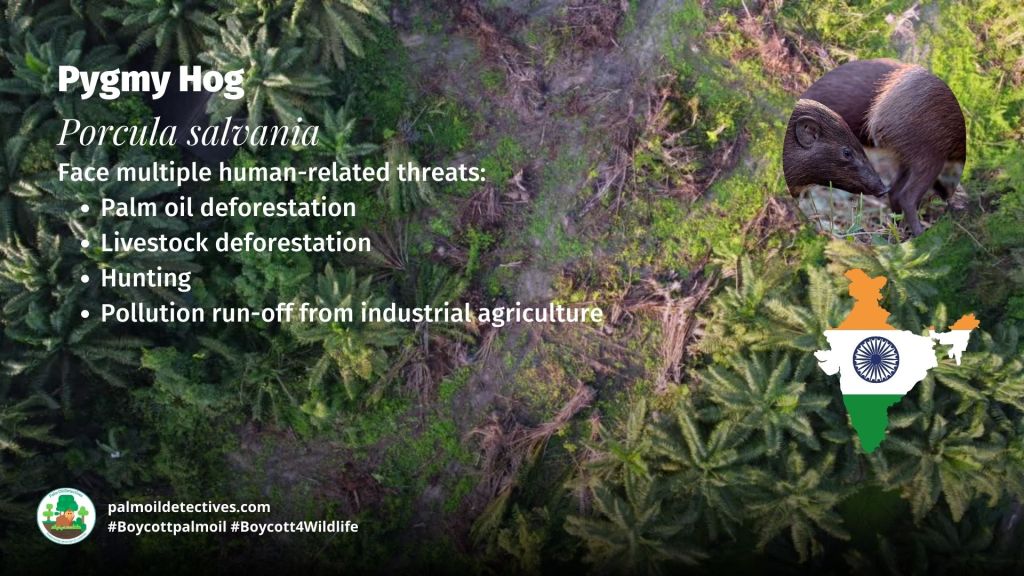
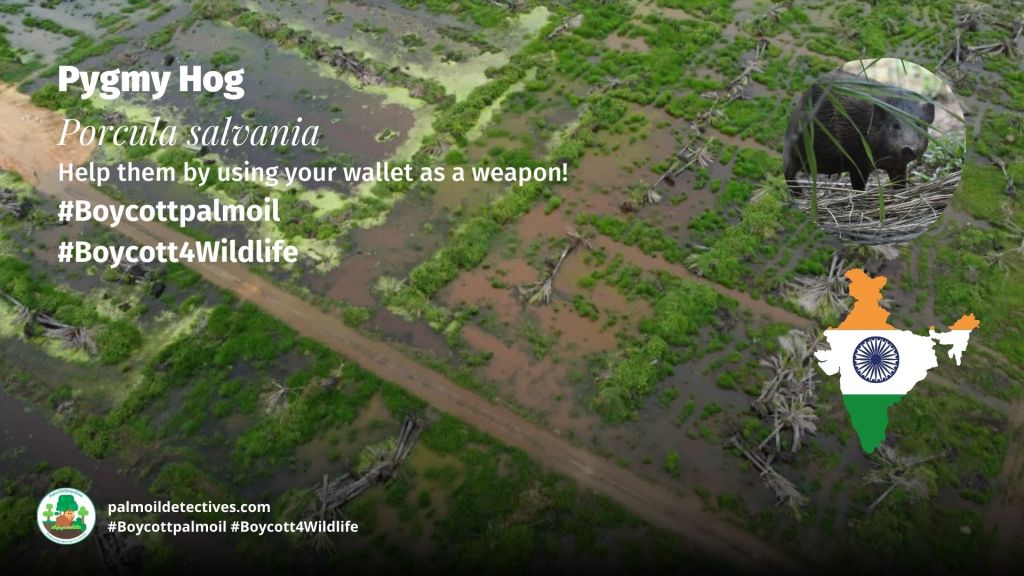
The Pygmy Hog lives in the southern foothills of the Himalayas. In the 1960’s numbers had declined to such an extent that the species was thought to be extinct. Following a fire in the Barnardi Forest Reserve in 1971, a group of Pygmy Hogs were found seeking refuge in a nearby tea plantation.
The plantation owner took these mini pigs into captivity to protect them from local hunters and called on the assistance of Durrell Wildlife Conservation Trust to advise on managing the newly formed captive population. Read more
Protect the North East: Stop Palm Oil!
India is one of the largest consumers of palm oil hidden in supermarket goods
Palm oil is the most widely consumed vegetable oil on the planet. In India, most commonly used as cooking oil as well as an ingredient in a wide range of consumer goods. India is the largest user of palm oil products, capturing over 20 percent of global supply.
Oil palm grows in tropical rainforests, and the uncontrolled clearing of these forests for plantations has led to widespread loss of forests and the habitat destruction endangered species across the world where palm oil plantation has started.
Prime Minister Narendra Modi has urged farmers across the eight northeastern states to set up palm oil missions to reduce India’s dependence on imported edible oils, in line with the Centre’s Atmanirbhar Bharat or Self-Reliant India campaign.
Palm oil causes ecocide and extinction
The world’s largest consumer of vegetable oils, the Indian public remains unaware of the dangers of massive palm oil plantations, especially in thickly forested regions. The threat to biodiversity is emphasized by experts in the northeastern region, which accounts for 25% of the country’s forest cover.
To clear land and help grow palm, swathes of rainforest will be burned, destroying habitat and homes and the fragile rainforest ecosystem. Trees that remove carbon from the air will be destroyed, removing their storage properties forever. And when the forest is burned, high levels of carbon dioxide and soot are released, a huge contributor to climate change.

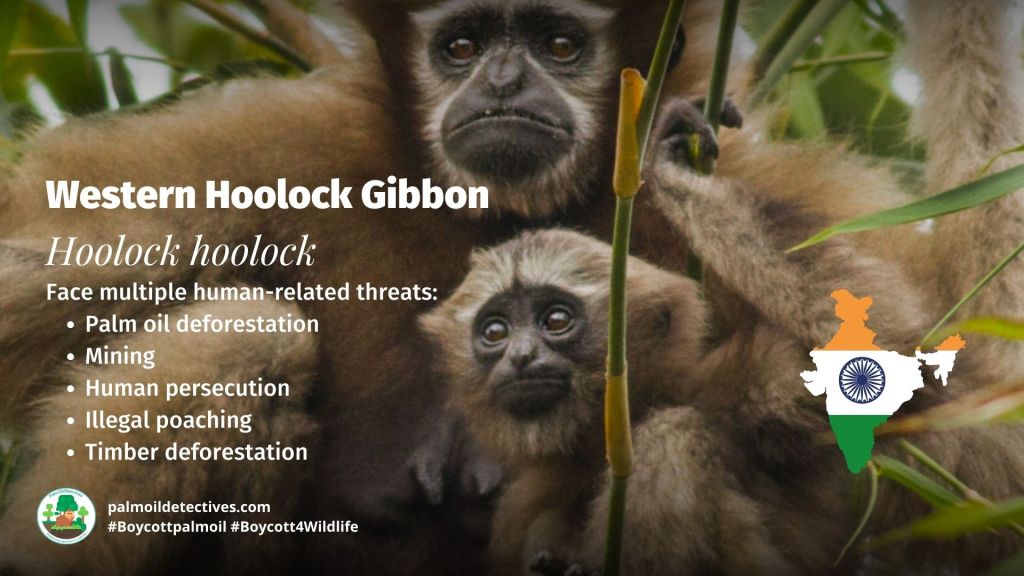
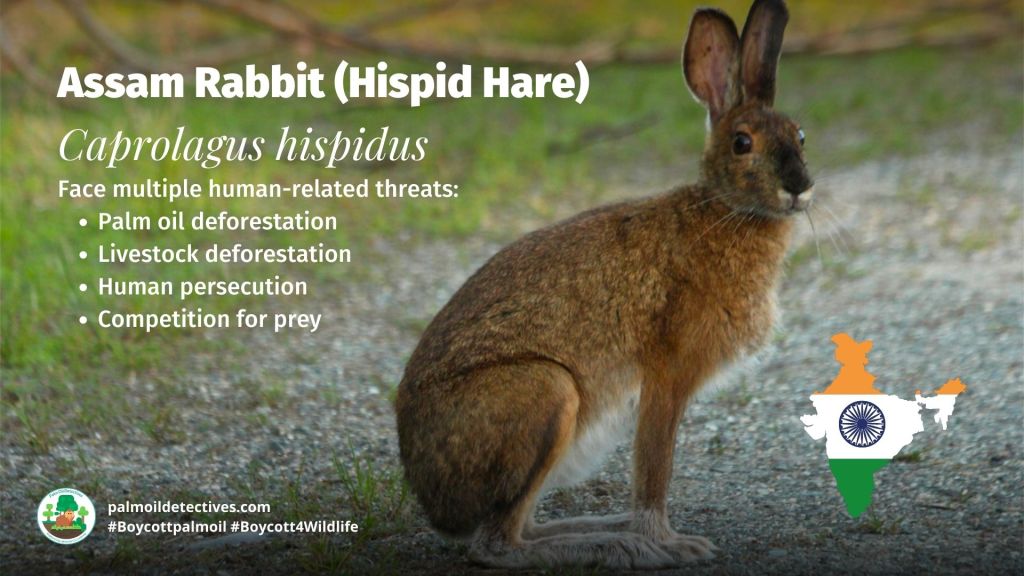

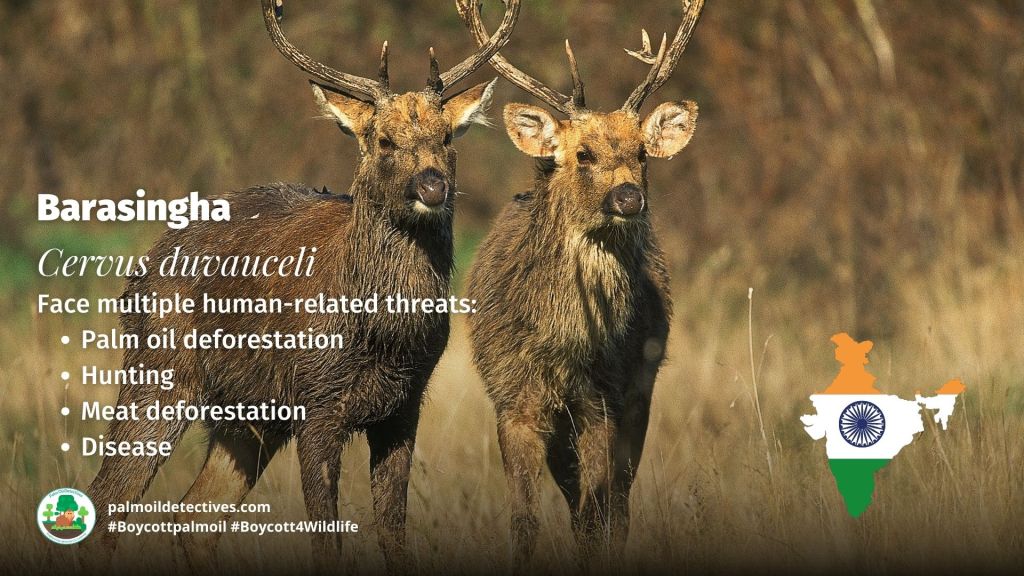
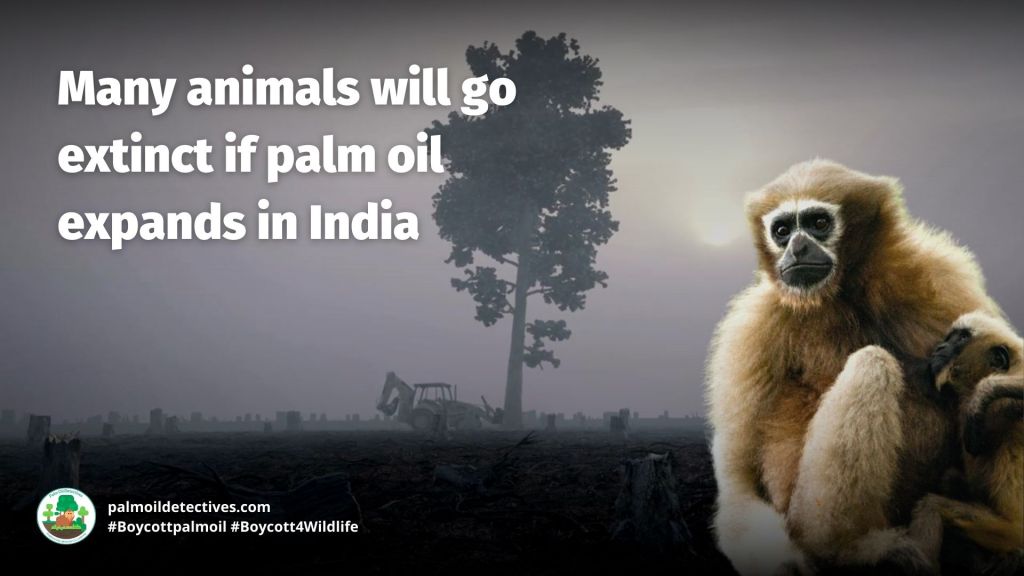
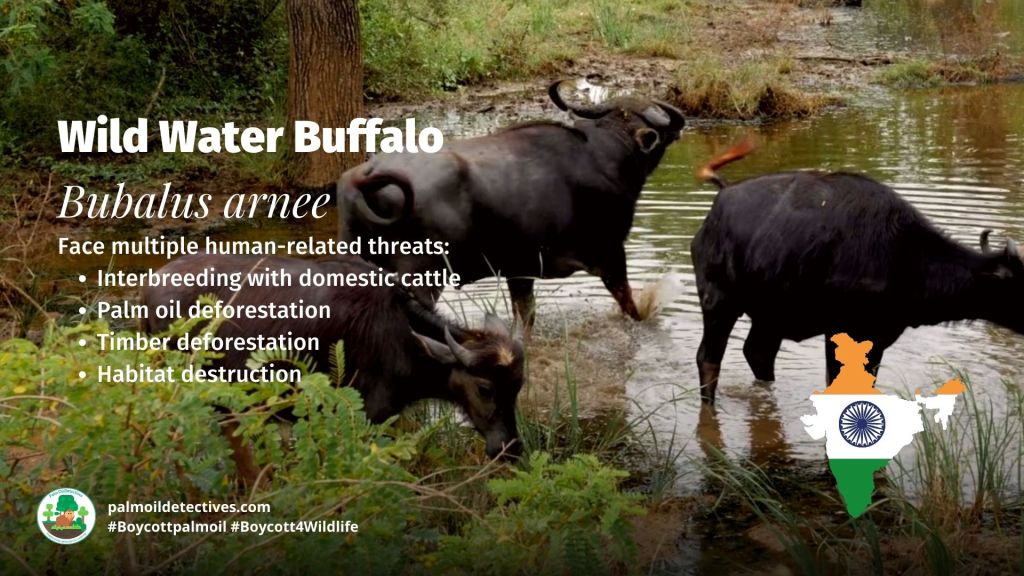





A Broken Record on Repeat: Animal extinction likely if palm oil proceeds in North East India
The rainforests of North Eastern India are among the world’s most species-rich environments and homes to numerous endangered plants and animals, such as Bengal tigers, Water Buffaloes, and One-horned rhinos, red pandas, golden langurs, takins and pygmy hogs.
The destruction of natural habitats deprives the animals of the basis for their existence, causing an irreversible loss of biological diversity. These animals are dependent on large contiguous forest areas. In search of food, they often get lost in the plantations, where they are regarded as pests.

Read more: India’s rare and beautiful wildlife is under threat by palm oil deforestation
How can you help?
Sign this petition to stop palm oil in N.E India

Contribute in five ways
1. Join the #Boycott4Wildlife on social media and subscribe to stay in the loop: Share posts from this website to your own network on Twitter, Mastadon, Instagram, Facebook and Youtube using the hashtags #Boycottpalmoil #Boycott4Wildlife.
2. Contribute stories: Academics, conservationists, scientists, indigenous rights advocates and animal rights advocates working to expose the corruption of the palm oil industry or to save animals can contribute stories to the website.
3. Supermarket sleuthing: Next time you’re in the supermarket, take photos of products containing palm oil. Share these to social media along with the hashtags to call out the greenwashing and ecocide of the brands who use palm oil. You can also take photos of palm oil free products and congratulate brands when they go palm oil free.
4. Take to the streets: Get in touch with Palm Oil Detectives to find out more.
5. Donate: Make a one-off or monthly donation to Palm Oil Detectives as a way of saying thank you and to help pay for ongoing running costs of the website and social media campaigns. Donate here
Contribute to my Ko-Fi
Did you enjoy visiting this website?

Palm Oil Detectives is 100% self-funded
Palm Oil Detectives is completely self-funded by its creator. All hosting and website fees and investigations into brands are self-funded by the creator of this online movement. If you like what I am doing, you and would like me to help meet costs, please send Palm Oil Detectives a thanks on Ko-Fi.
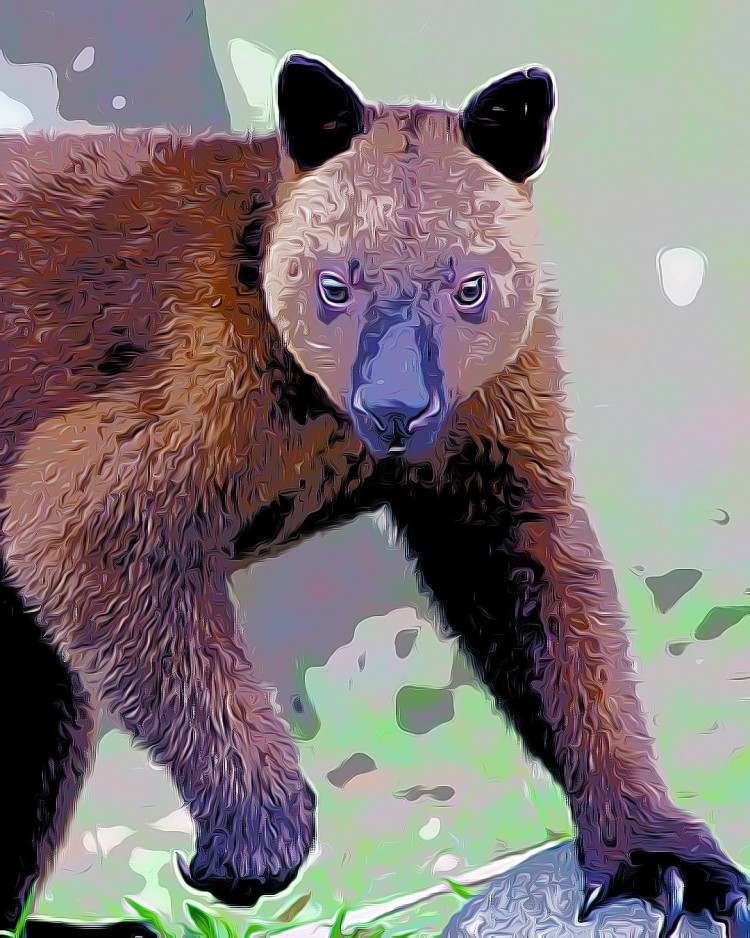
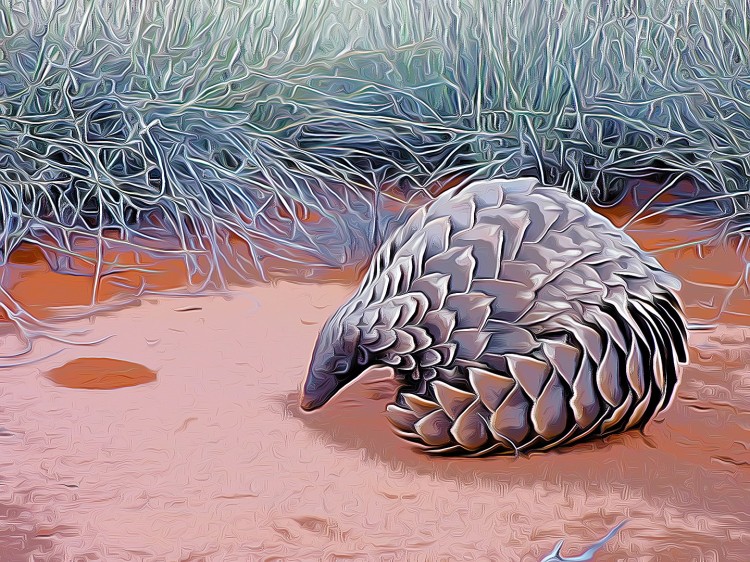
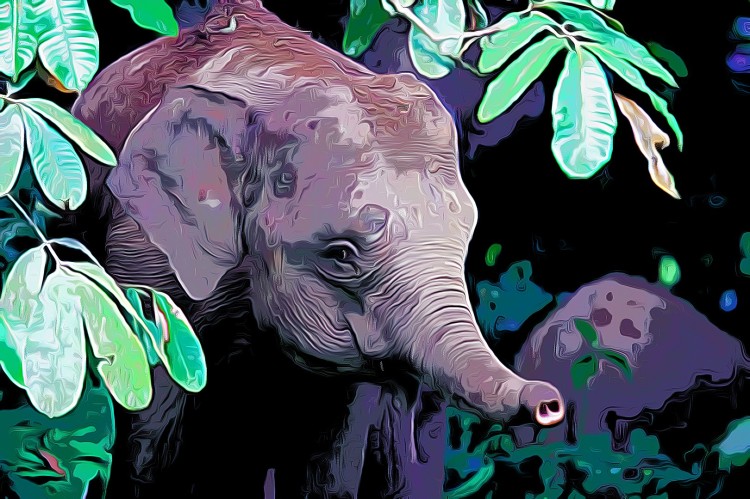
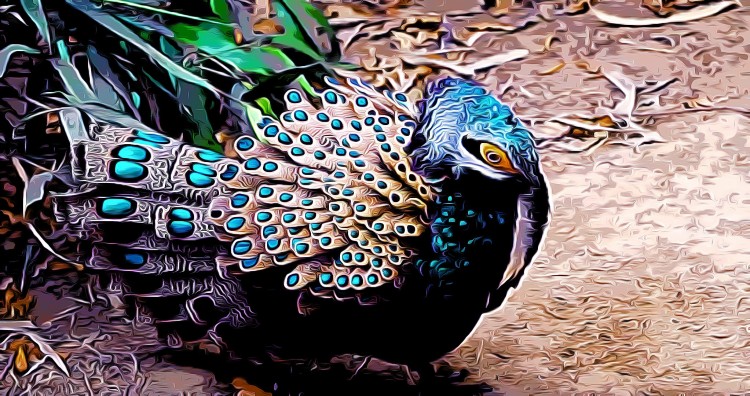





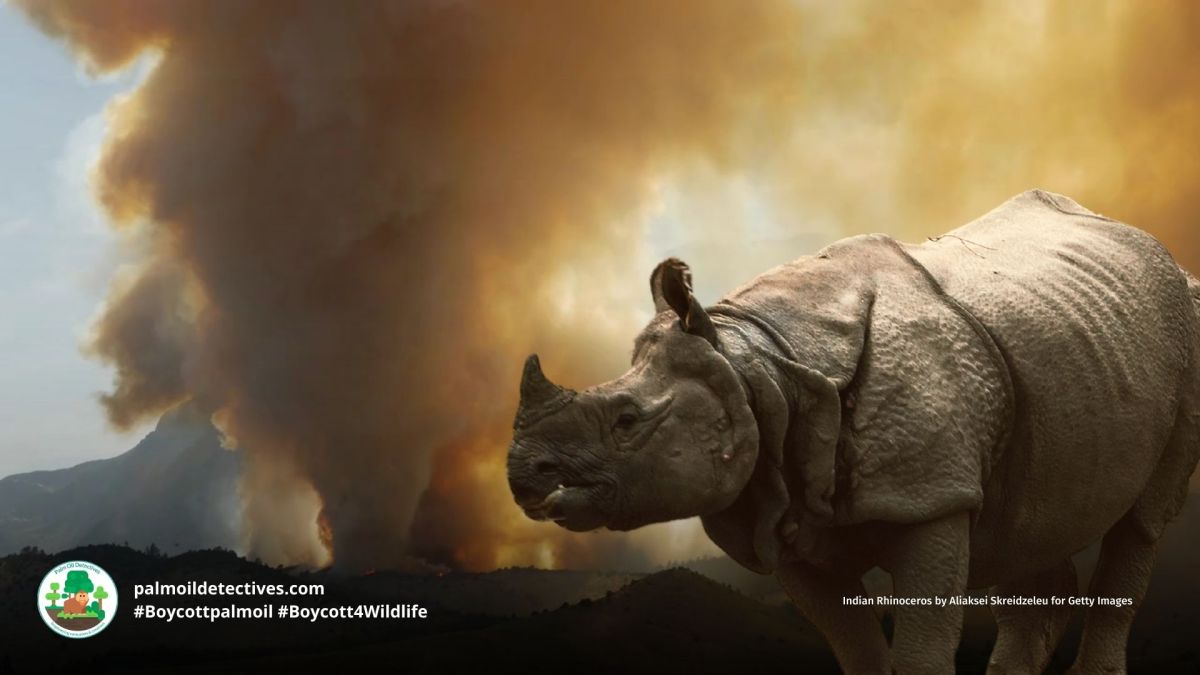




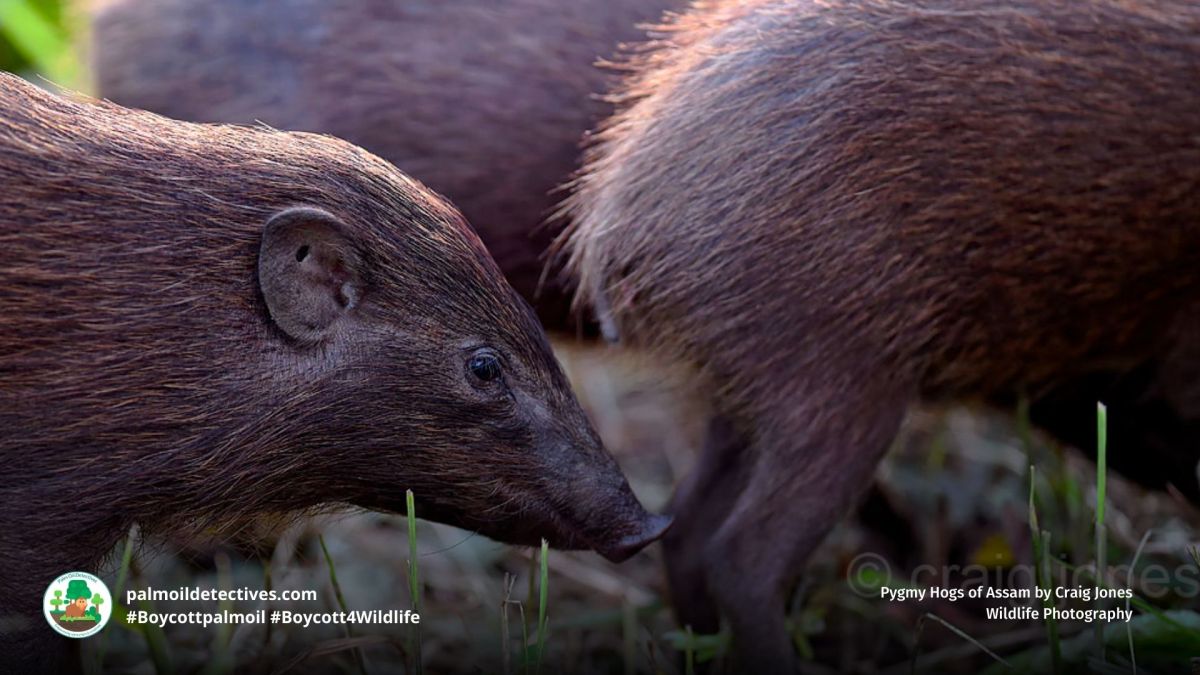

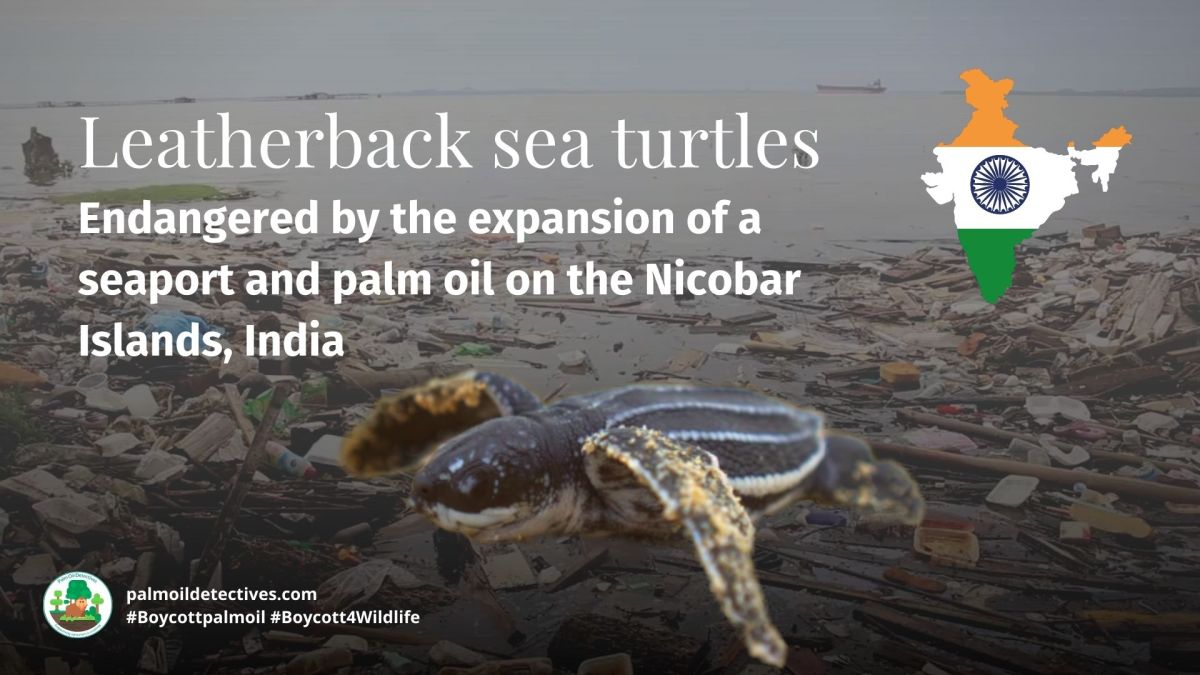
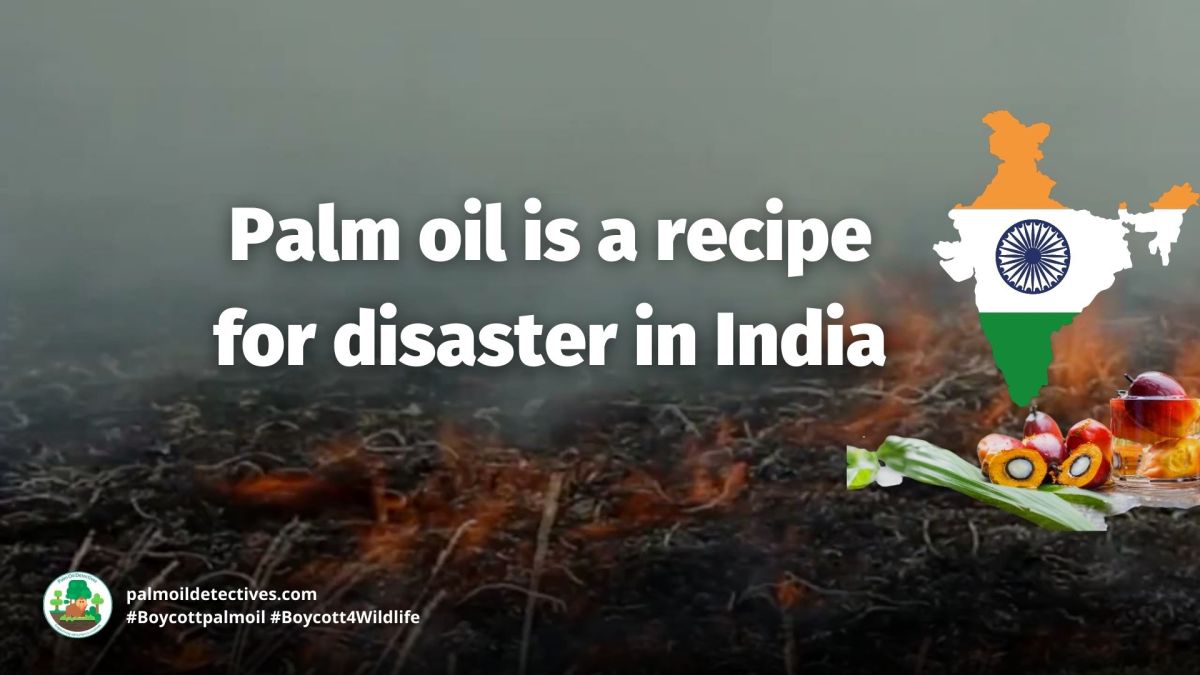


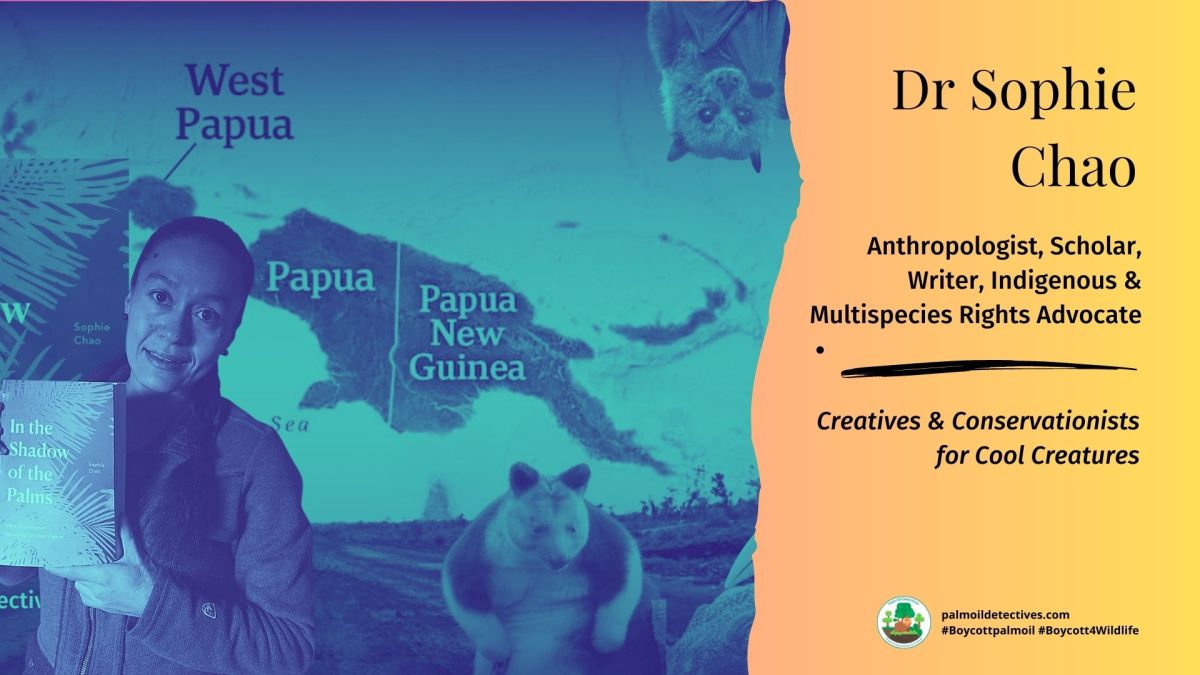



thanks my friend. precious work. hug. 🙂
LikeLike